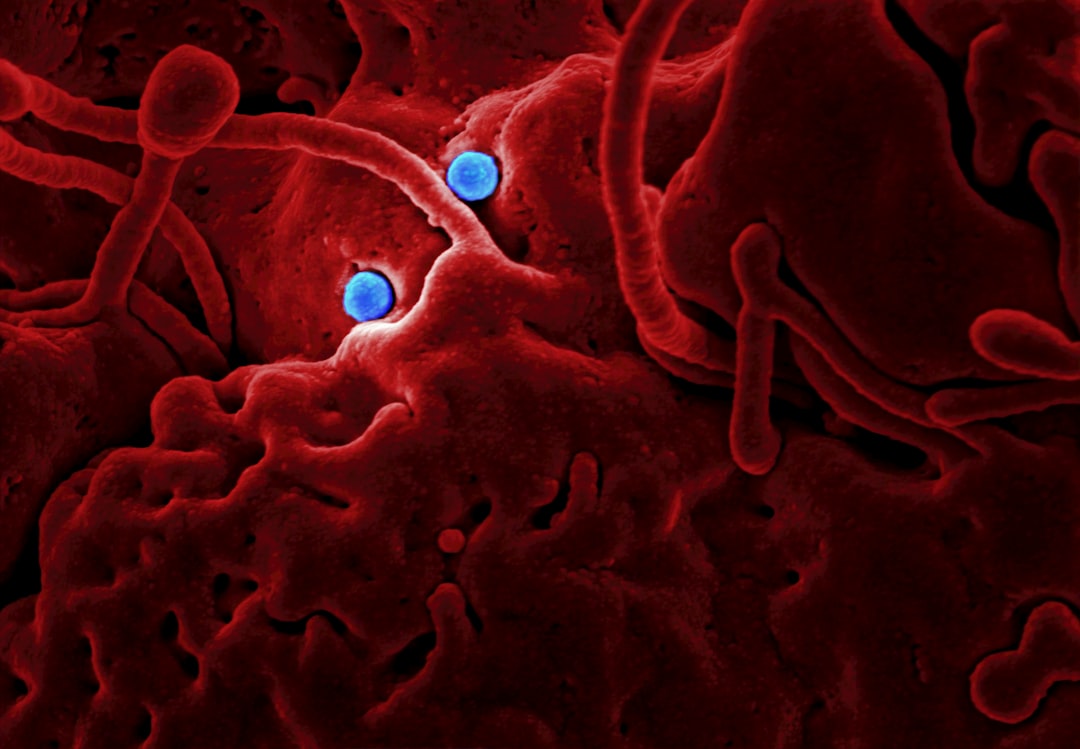What is it about?
Selfish genetic elements can spread over evolutionary time, simply by cheating during inheritance. In male mice carrying the t haplotype, t bearing sperm "poison" sperm not bearing the t. As a consequence, they are inherited to the vast majority of the offspring. However, males carrying the t are very bad sperm competitors. Thus, females can avoid the negative consequences of the selfish t by mating with multiple males.
Featured Image
Why is it important?
Autosomal selfish genetic elements may be widespread but are difficult to detect. Selfish genetic elements often target male sperm production and polyandry may thus represent a common but under appreciated benefit of polyandry in many species.
Read the Original
This page is a summary of: Detrimental effects of an autosomal selfish genetic element on sperm competitiveness in house mice, Proceedings of the Royal Society B Biological Sciences, July 2015, Royal Society Publishing,
DOI: 10.1098/rspb.2015.0974.
You can read the full text:
Contributors
The following have contributed to this page










